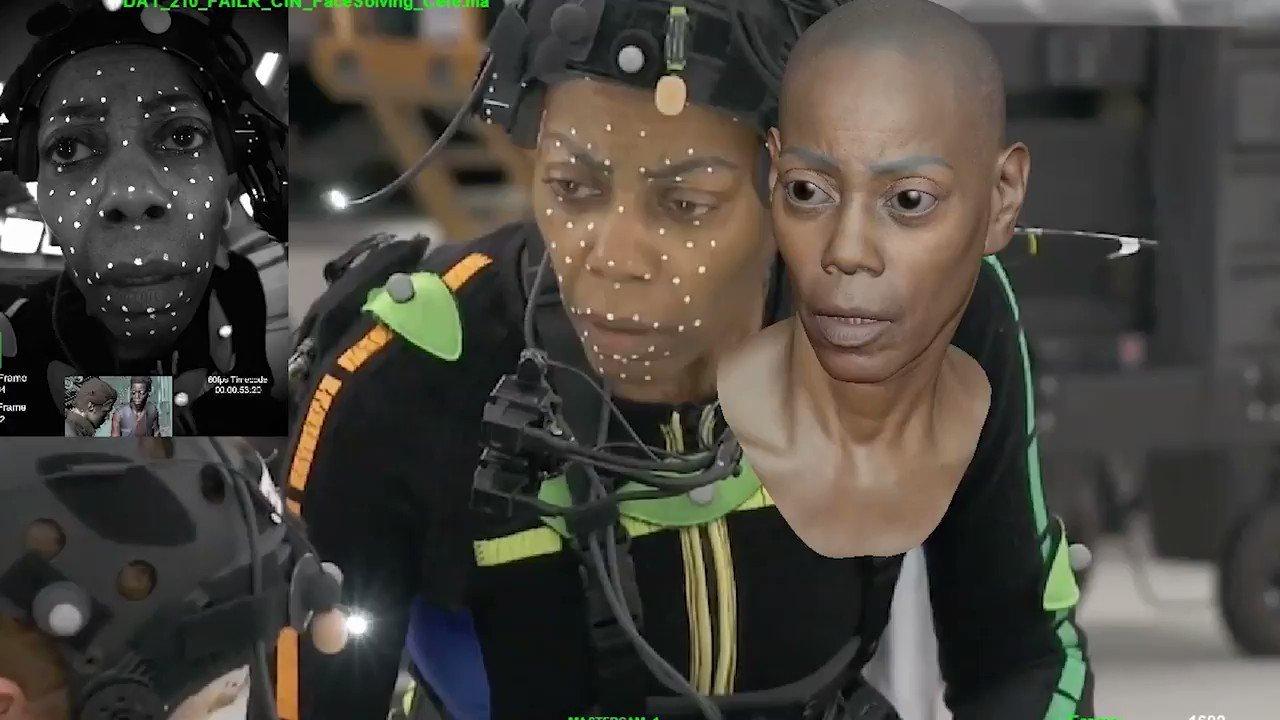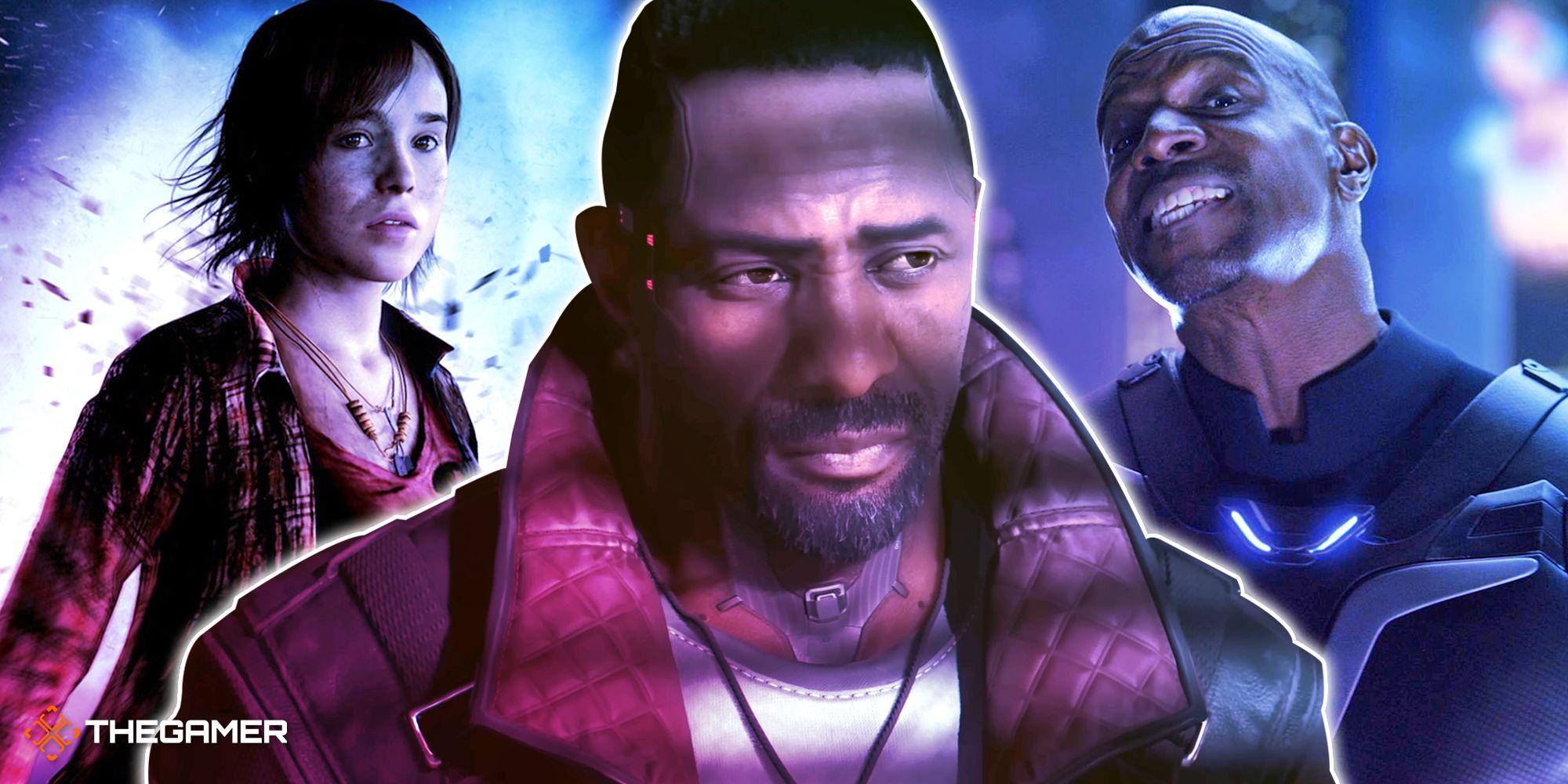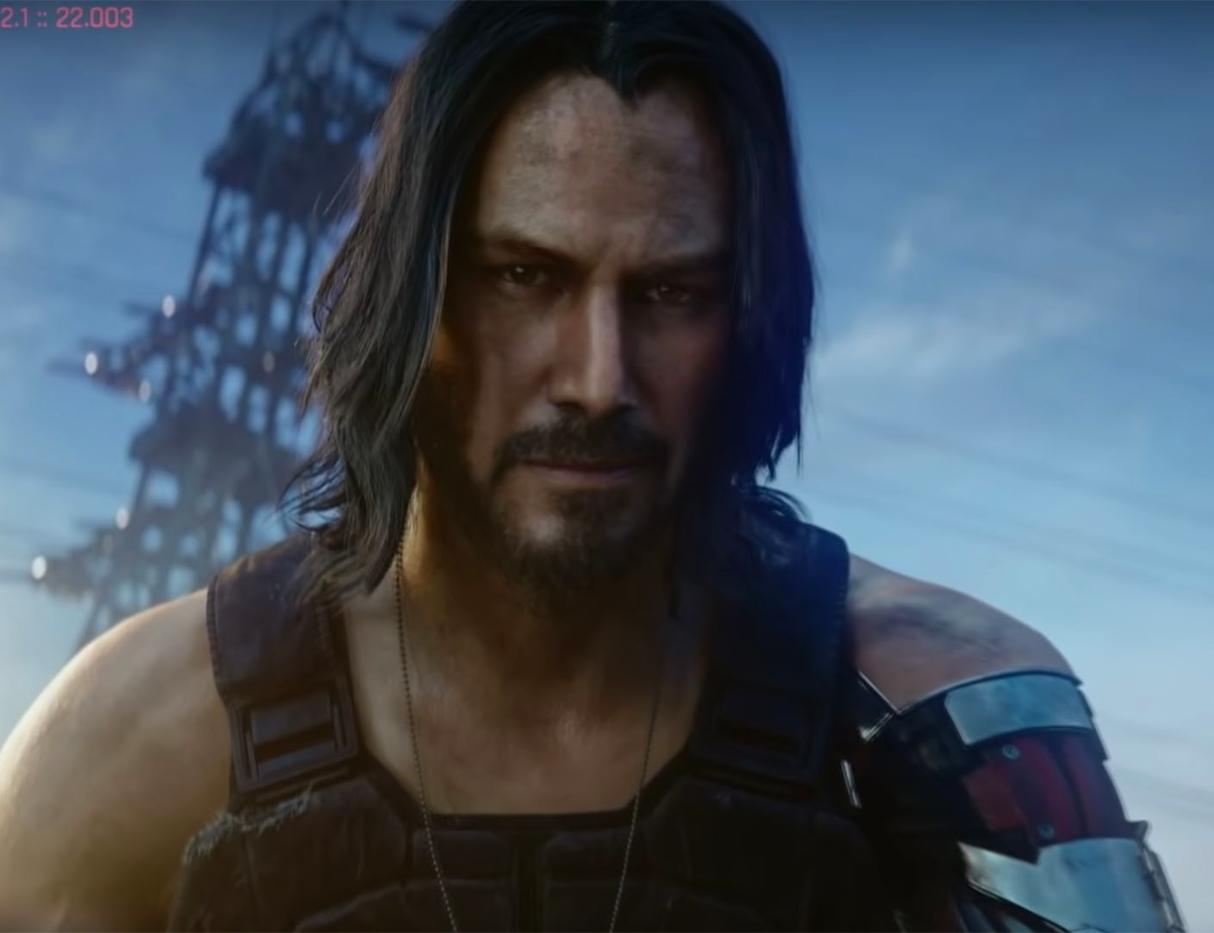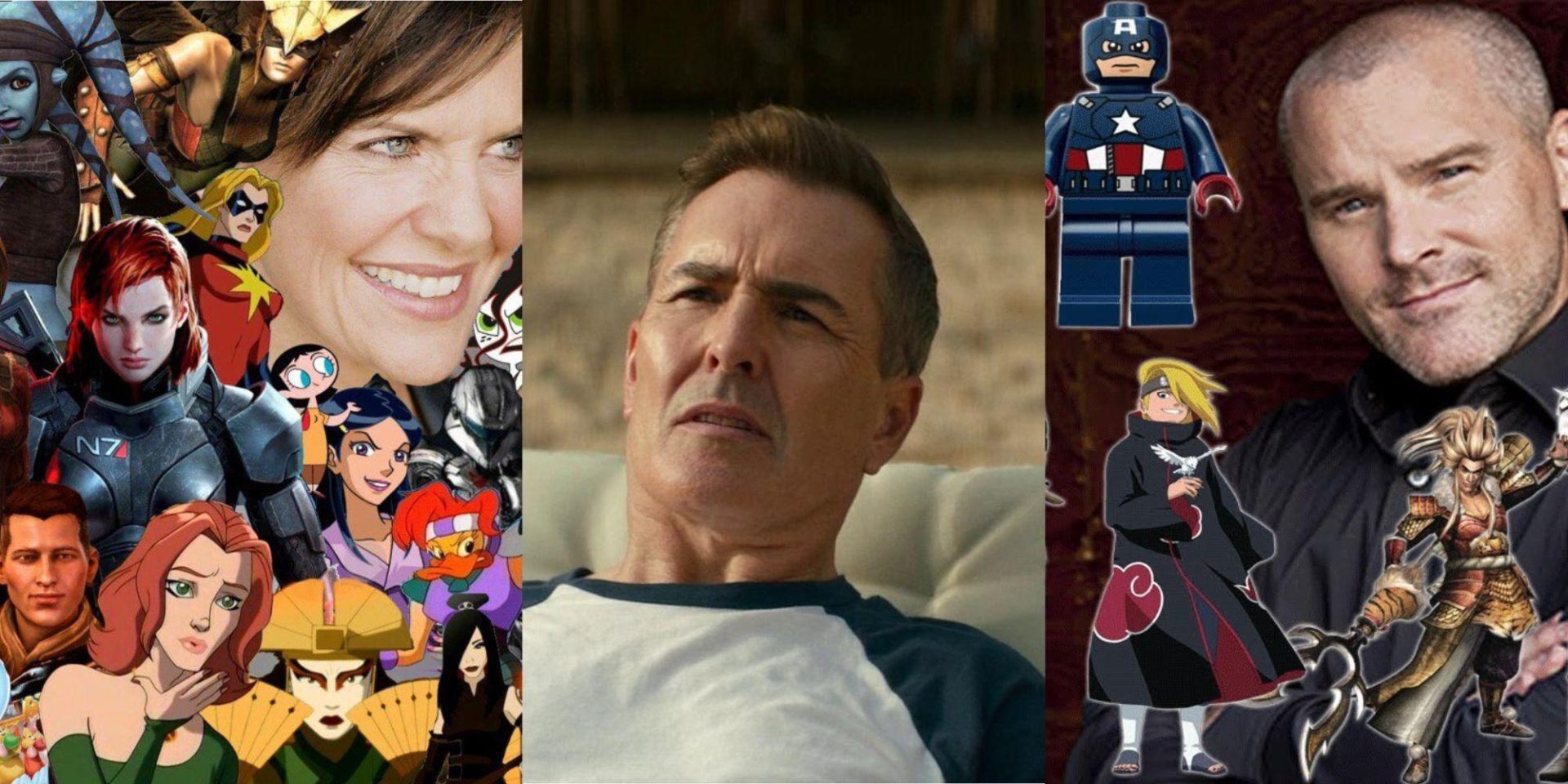The Rising Concerns Over AI in Voice Acting
As video game voice actors continue their strike, the issue of artificial intelligence encroaching upon creative professions becomes increasingly urgent. the ability of AI to generate realistic voices has raised alarms across the entertainment industry, prompting actors to voice their concerns. Many fear that the technology could be used to replicate their voices without consent, leading to scenarios where their distinct vocal talents are commodified and exploited. This potential for misuse raises ethical questions surrounding ownership and accountability, leaving many artists feeling vulnerable in an era where their unique contributions might be easily replaced by a sophisticated program.
Moreover, the economic implications of AI in voice acting cannot be overlooked. The growing adoption of AI tools threatens to undermine the livelihood of voice actors, especially those who may find it challenging to compete with the low costs associated with synthetic voice generation. Key points fueling the discontent include:
- Lack of regulatory frameworks on AI use, leaving artists unprotected.
- Potential job displacement as studios prioritize cost over conventional talent.
- Cultural commodification of voice identities, reducing artistry to mere data input.
The ramifications of these developments extend beyond individual actors, as the vrey fabric of creative expression and authenticity is called into question. As the industry navigates this complex new terrain, the demands of the striking actors reflect the urgency of addressing these rising concerns before the balance of power shifts irreparably.

Impacts of AI on Creative Integrity and Employment
The advent of artificial intelligence in the video game industry has sparked a crucial dialogue about the balance between technological innovation and artistic integrity. Game actors, who provide both voice and motion capture to characters, find themselves at the forefront of this debate, as AI-generated performances threaten to dilute the authenticity of their craft. The ability of AI to generate lifelike character behavior can lead to cost savings for developers, but it raises pressing questions about the uniqueness of human expression in creative works. Without robust protections, there’s a fear that the richness of storytelling, which relies heavily on personal expression and emotional depth, could be compromised by algorithms that churn out generic character portrayals.Furthermore, the specter of job displacement looms large for those engaged in the art of performance. Many actors are concerned that AI could be used to replicate their likeness or voice across various projects without proper compensation or consent. This not only jeopardizes their livelihoods but also diminishes the role of human talent in a medium that thrives on connection and relatability. As the technology evolves, industry stakeholders, including unions and advocates, are calling for clear regulations that establish parameters for AI’s use, ensuring it complements rather than replaces the invaluable contributions of human artists. The outcome of this struggle will likely shape the future creative landscape, determining whether it will be defined by authentic human narrative or dominated by artificial replicas.

Unity Among Actors: Solidarity and Strategy in the Strike
The strike among video game actors represents a pivotal moment in the industry, showcasing an unprecedented level of solidarity among performers, writers, and other industry professionals.As actors unite against uncertainties posed by artificial intelligence, they’re not just battling for better pay and conditions but also for the basic nature of their craft. the stakes are high, as the introduction of AI-generated voices and performances threatens to undermine the unique artistry that actors bring to their roles. This collective action has sparked a broader dialogue across the entertainment spectrum,emphasizing the importance of human creativity against the encroaching tide of automation.
Strategically, the leadership of various guilds and associations has played a crucial role in orchestrating this movement. By pooling resources and data, actors are not only amplifying their voices but also crafting a robust action plan that addresses both immediate concerns and long-term aspirations. Key tactics include:
- Rallies and public demonstrations to raise awareness
- development of comprehensive proposals that detail specific demands
- Engagement with fans and the broader community to foster support
- Collaboration with technology experts to understand AI implications
The unity displayed in these efforts reflects a deep understanding that the fight is not solely for individual rights but for the preservation of an industry where human talent remains irreplaceable.

Navigating the Future: Recommendations for Protecting Talent Rights
As the video game industry continues to evolve with the rapid advancement of artificial intelligence, it is indeed crucial to ensure that the rights of talent are not overlooked. Protecting the interests of voice actors and other creative professionals requires a multifaceted approach. Key measures should include:
- Establishment of Clear Contracts: Ensure that contracts clearly define the extent of AI usage in projects, including compensation for digital likenesses and voice replication.
- Creation of an Industry-Wide Standard: Advocate for industry guidelines that safeguard the rights of talent against unauthorized usage of their performances.
- Regular Consultations with Stakeholders: Convene ongoing dialogues between talent representatives and game developers to address concerns about emerging technologies and their implications.
Moreover, regulatory bodies must play an active role in shaping policies that reflect the evolving nature of talent rights in the context of AI.This includes:
- Legal Protections: Implement laws that specifically address the complexities of AI usage and intellectual property in creative sectors.
- education and Training: Provide resources for talent to understand AI technology, ensuring they are equipped to navigate contracts and advocate for their rights.
- Support for Union Initiatives: Encourage broader union representation to amplify the voices of talent in negotiations, reinforcing their collective bargaining power in the age of AI.
